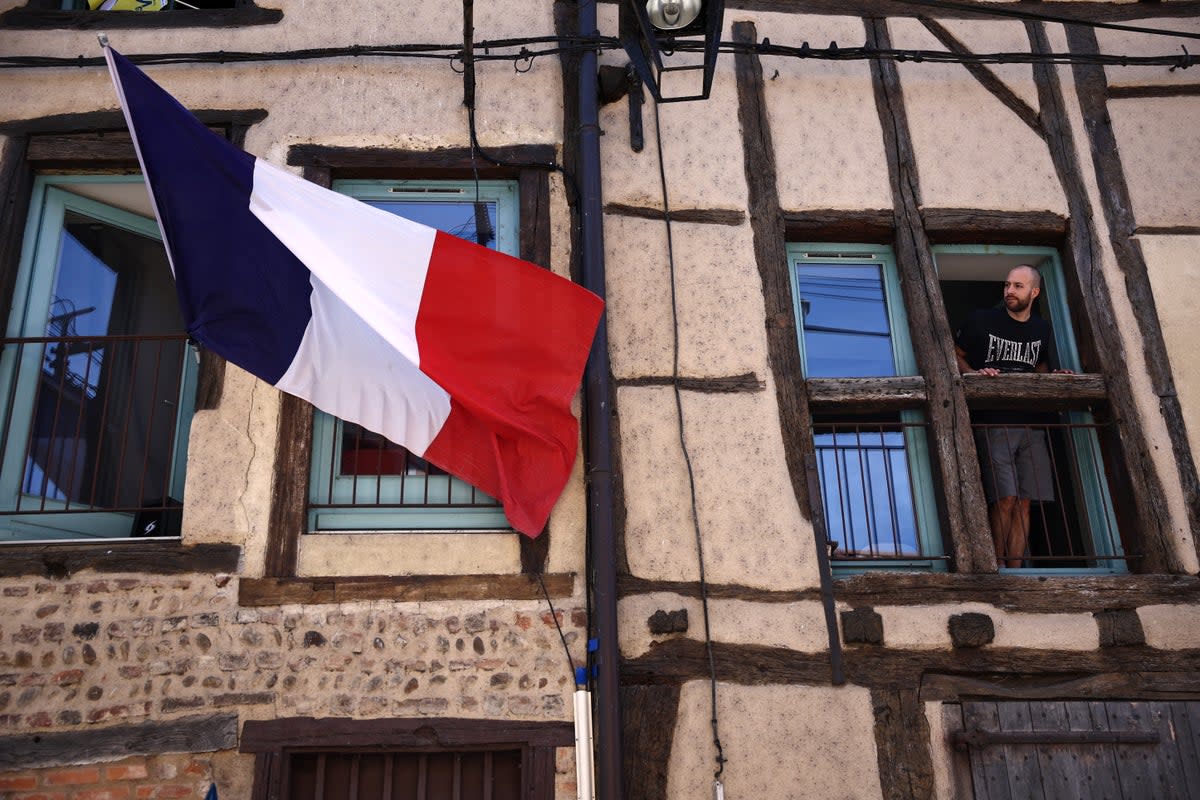The end of an era for the French language?

This article first appeared in our partner site, Independent Arabia
The coup-born government of Burkina Faso unveiled a bill aiming to revise the constitution and abolish the use of French as an official language. This development raises the question of whether we are witnessing the end of this language’s golden age in the African Sahel, after a series of military coups undermining the military, diplomatic and economic influence of Paris.
Burkina Faso is far from being the only state in the African Sahel that is actively reviewing its dependence on the French language. Indeed, Mali preceded it in this regard when it dropped French as an official language last June. This represents a setback for the language that France worked for decades on promoting and enshrining through the International Organisation of the Francophonie (OIF).
In a region rich with dozens of indigenous languages and dialects, French was successful as a unifying lingua franca after countries in the region gained independence from France in the 1960s. Algerian president Abdelmadjid Tebboune had considered the French language to be “a spoil of war”.
The End of an Era
After the French put an end to their military presence and diminished their diplomatic presence, the coup-born authorities in the African Sahel now look to ending the influence of the French language in the region.
Following in the footsteps of neighbouring Mali, Burkina Faso’s new bill, which was months in the making, stipulates the demotion of the French language, relegating it to the rank of "working language,” according to Le Monde.
Nigerian political analyst, Nyossa Djimrao told Independent Arabia, “The decisions of Burkina Faso and Mali represent the end of an era during which this language served France, entrenching its influence over its former colonies in the African Sahel.”
“France imposed this language on its colonies, which is why I believe that the decision to abandon it is both revolutionary and beneficial. Such steps will be replicated by other countries like Niger, which is in complete political and diplomatic harmony with Ouagadougou and Bamako,” Djimrao added.
In 2022, France was compelled to remove its forces from Mali, then Burkina Faso, and later Niger. It also declared the end of its Barkhane military campaign, which it waged in an attempt to minimize the influence of terrorist groups that perpetrate bloody attacks in the region.
The Deep Divide
Launched in 2013, the campaign did not succeed in achieving any progress in the fight against terrorist groups, which led countries of the region to place their bets on Russian private military company Wagner to contain these groups instead.
“Many citizens, particularly those in favour of the wave of changes taking place in the African Sahel, perceive dropping French, with all the trappings of Paris and what it represents as a welcome step,” Djimrao said. “The French government therefore has to accept this as a fait accompli, although its language will be considered of secondary importance and will not be completely excluded.”
The setbacks suffered by France and French diplomatic, cultural and military institutions are not confined to the Sahel. They extend to other countries such as South Africa and Algeria, both of which traded French for English.
These developments reflect the deep divide between Paris and capitals of countries in the African Sahel in the post-coup era. This shift could have economic repercussions, especially considering French exports to former African colonies in the last decade have declined to 5 percent, having previously stood at 8.7 per cent in the years following independence, according to official statistics.
Not an End
French analysts believe on the other hand that linguistic changes witnessed in the Sahel are unsurprising given the rise of the English language across the world. They note that French will continue to remain in use as a secondary language in these countries.
French is spoken by over a hundred million people on the African continent, which is home to around 1.2 billion people. France works on promoting of the French language through the OIF, which it views as an effective tool to achieve this end through cultural activities.
While French authorities and the OIF are yet to comment on this move, Emmanuel Dupuy, President of the Institute for European Perspective and Security Studies (IPSE) notes “the decision of authorities in Ouagadougou will not eliminate the French language, which will remain a secondary language spoken by many in Burkina Faso, in addition to approximately 39 other local languages.”
Speaking to Independent Arabia, Dupuy goes on to say “what is more important in my opinion is the way President Ibrahim Traoré exploited the issue of French and Francophonie in his country to revise the constitution and pave the way for a referendum on a new constitution not inspired by France and its values.”
“The French language’s golden age has not ended yet in the Sahel region, as it is still adopted by official administrations and groups. Other countries, such as Ghana, are also seeking to strengthen their use of the French language.”
With the use of its language waning, military partnerships ended, and diplomatic missions hounded, many wonder whether France will find a way to return to Africa, a continent vast swathes of which were called “French Africa” for decades. Perhaps, this continent will instead be the scene of the formation of a new multipolar world order, as Russia and China attempt to fill the vacuum left by Paris’ withdrawal.
Reviewed by Tooba Ali and Celine Assaf

